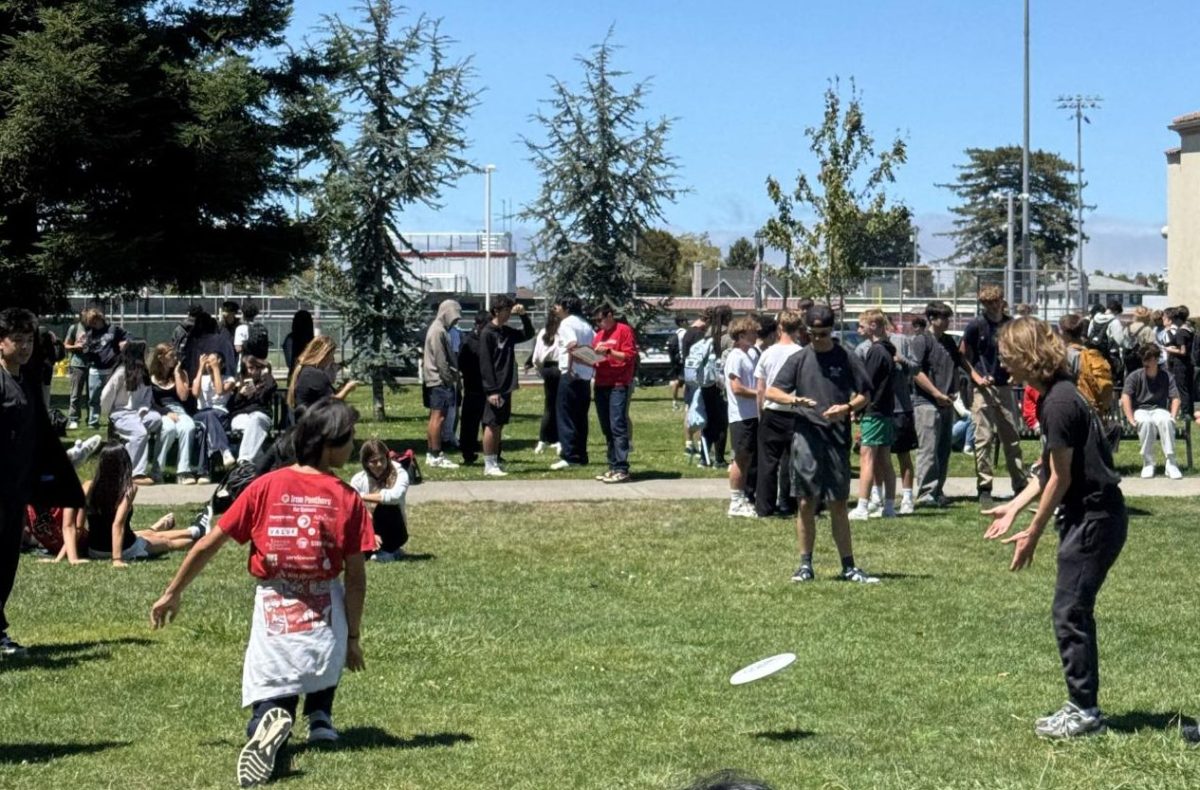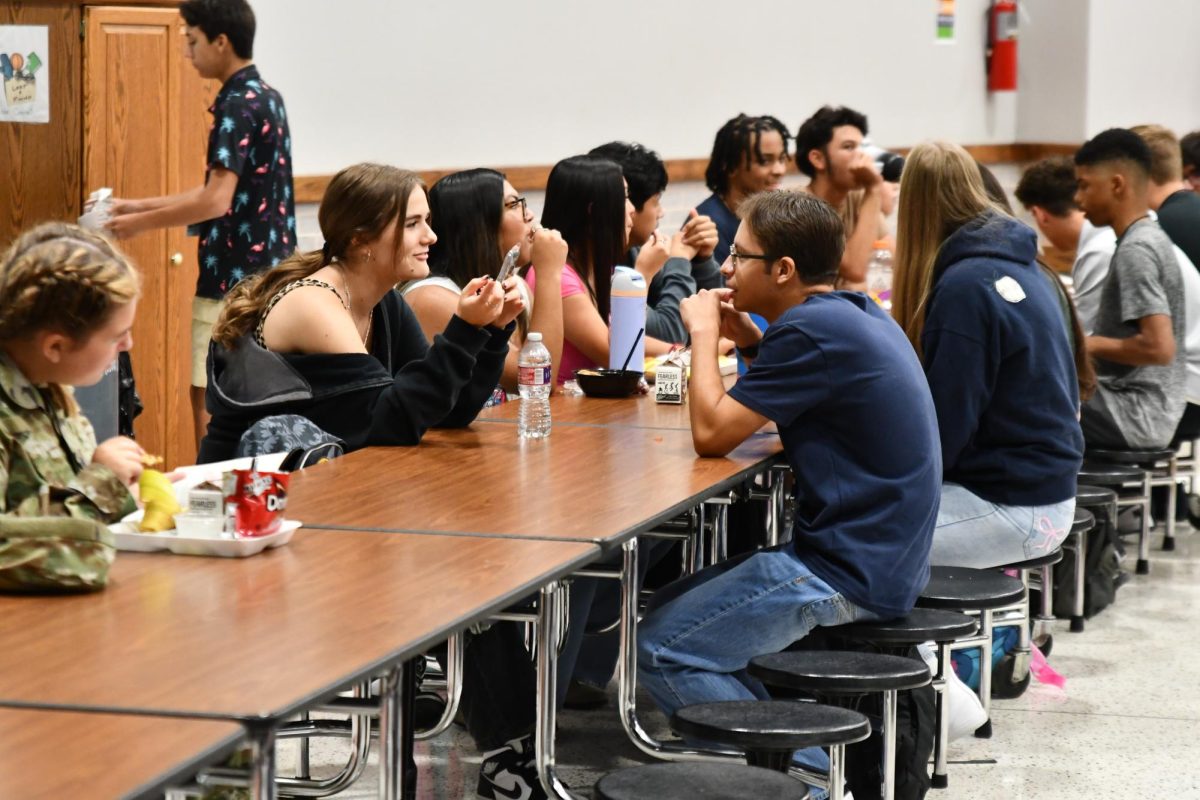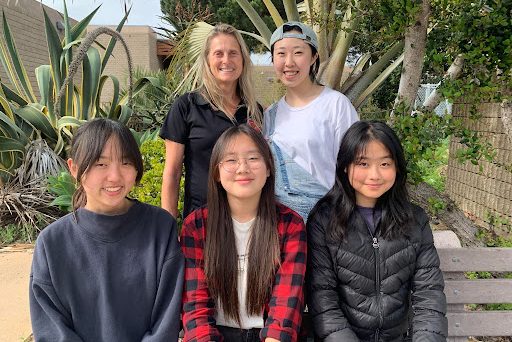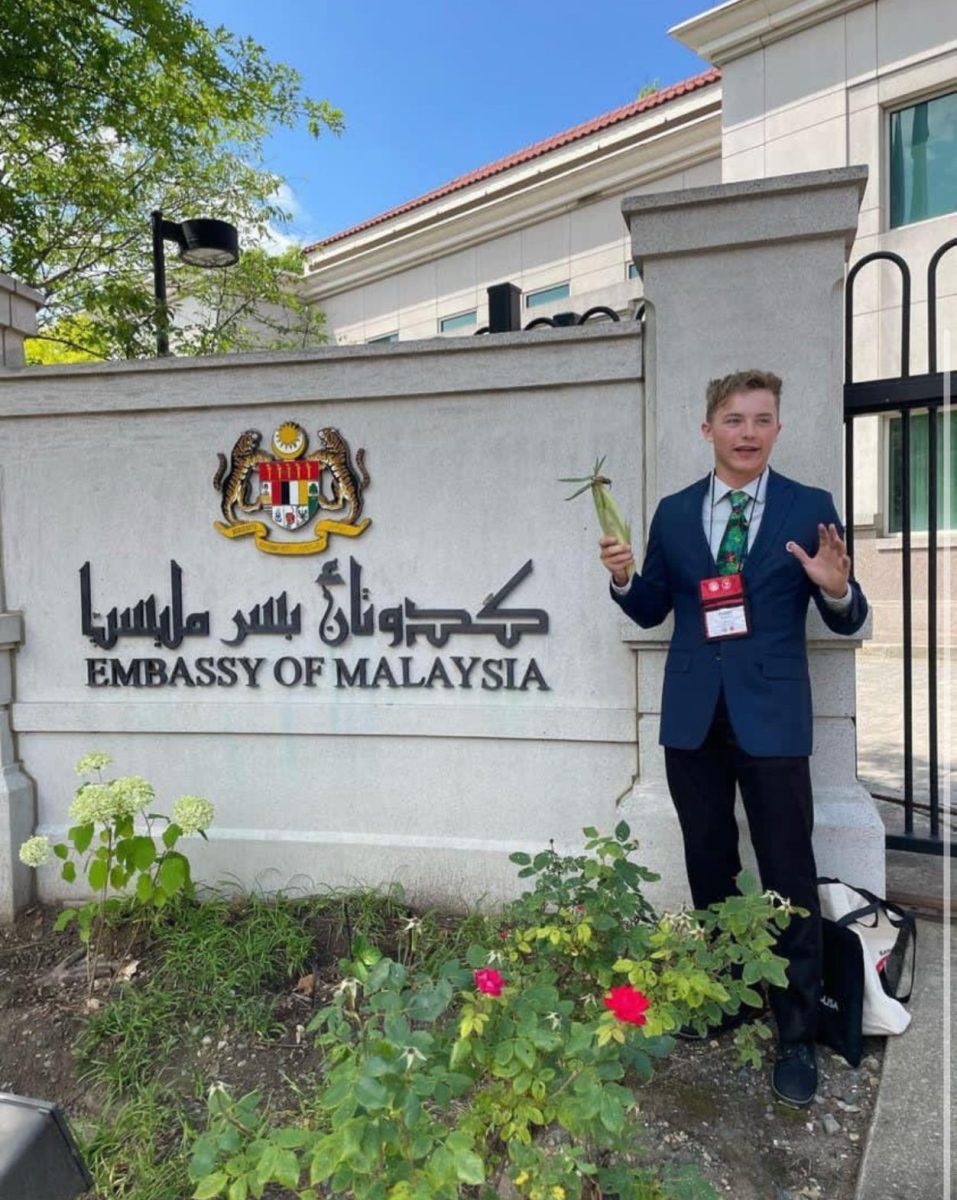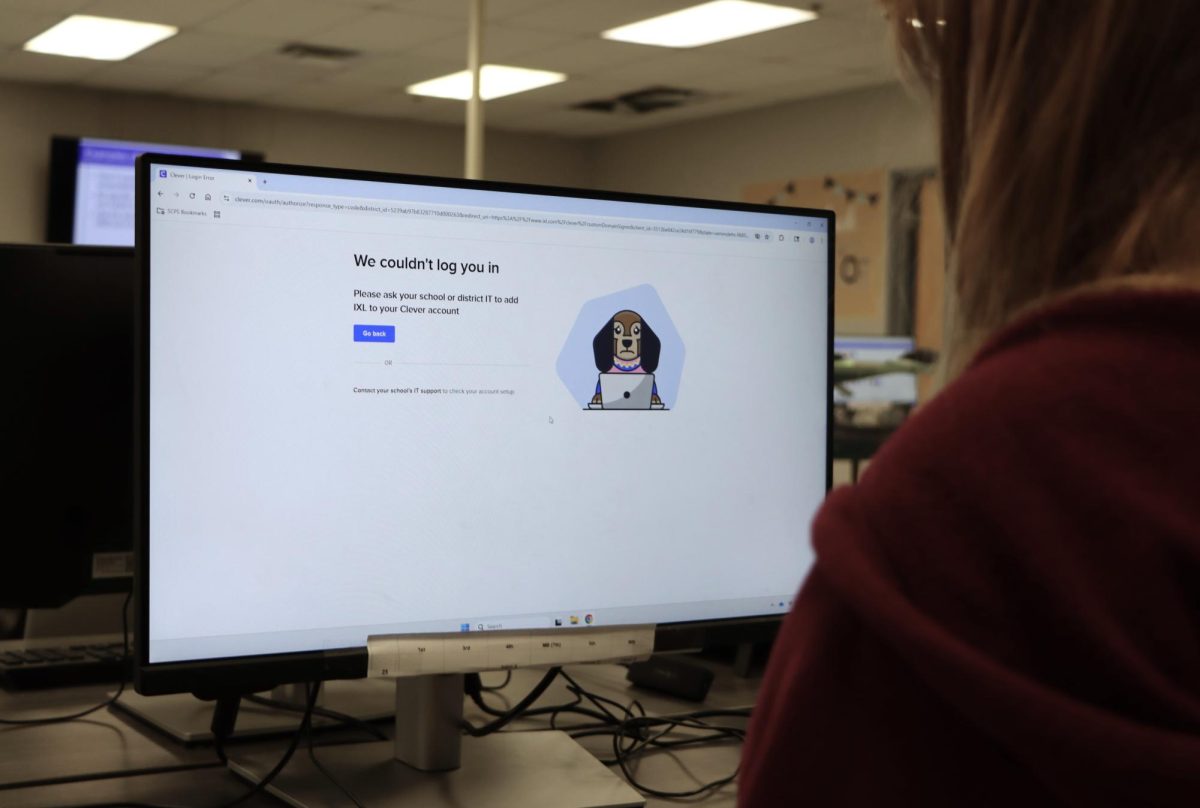Devastating federal funding cuts slammed the brakes on study-abroad programs, leaving more than 20 programs scrambling to survive and many Iowan students without life-changing opportunities.
While Congress promised these programs $100 million in fiscal year 2025 (FY25) funds, the U.S. State Department’s regional bureaus were instructed to “pull down” the affected programs with minimal disruption on Aug. 13. The directive stated that these programs were no longer a fiscal priority.
Exchange programs have been vital to the academic and interpersonal growth of young Americans. Because of these programs, both inbound and outbound students gained access to a wide network of educational opportunities–regardless of their geographical location or their socioeconomic status.
Hannah Schulze, a former German exchange student, spent her junior year at Pleasant Valley exploring new hobbies that she wouldn’t have done back home. “My exchange year in Iowa felt straight out of a high school movie. However, it turned out to be so much more. I got to be a part of an art show, learned how to throw pottery, picked up the flute again, made wonderful friends and found a second family, ” shared Schulze.
One of the programs facing closure is the Kennedy-Lugar YES program. The program was made in response to the attacks on Sept. 11, 2001 to create global ties with Muslim-dominated countries. Funded by the Department of State, the program provides scholarships for students to spend one academic year abroad, living with host families and attending local high schools.

For many Iowan students, like Isaac Vosburg of Hampton, Iowa, programs like YES were their ticket into the wider world. “It was an experience beyond words. I unplugged myself from every aspect of the U.S. and transplanted myself into a new country,” said Vosburg. “Every time I wrote an Instagram post or an essay, I always hit the word limit. My exchange experience made me who I am.”
In Iowa, these cuts have already begun to change the exchange landscape. Iowa Resource for International Service (IRIS) can no longer recruit for exchange in Tanzania and Nigeria because of the cuts.
“Unlike other organizations that do national placement, when students come through IRIS, we place them specifically with host families in Iowa. We purposely do that to allow the students to gain a sense of family and more Iowans get a chance to experience more diverse cultures. I think that is very critical with the current demographic of the state of Iowa,” said IRIS executive director Del Christensen.
These funding attacks are a deliberate attempt to isolate the nation from its global relationships, and states like Iowa cannot afford for these connections to close.
Iowa is already one of the least diverse states in comparison to its neighbors, with 82.7% of its population consisting of white Americans in 2020. Exchange programs provided the state with much needed opportunity for intercultural learning.
Additionally, with 1.2 million rural Iowans, Iowa also has large academic disparity, as many high schools lack Advanced Placement curricula, extracurricular opportunities and career/postsecondary related education.
Because of its lack of opportunity, increasing numbers of Iowans are leaving the state. Iowa is facing a large brain drain, ranking seventh for highest net outmigration of bachelor’s degree holders aged 25-29. This is further propelled by its attacks on education through diverting educational funding towards private schools and creating roadblocks for teachers through curricula and book banning.
By sustaining support for study abroad programs, Iowa students will develop crucial leadership that not only preserve the state’s existing talent but also elevate it to new levels of impact and innovation.
Students like Vosburg have benefited immensely from exchange programs. And to what does he credit his success? The Kennedy-Lugar YES Abroad program. “I thank YES Abroad for getting me into college. I thank YES Abroad for getting me an internship in India. I had the opportunity to do that because of this program,” shared Vosburg. “It gives intercultural understanding, and it’s a gift that keeps on giving.”
The United States has always prided itself on being at the forefront of academic excellence, but recent legislative priorities do not align with that tradition. If Iowa wants to keep its talent -and its future- it cannot afford to let these doors close.
This story was originally published on Spartan Shield on September 18, 2025.



